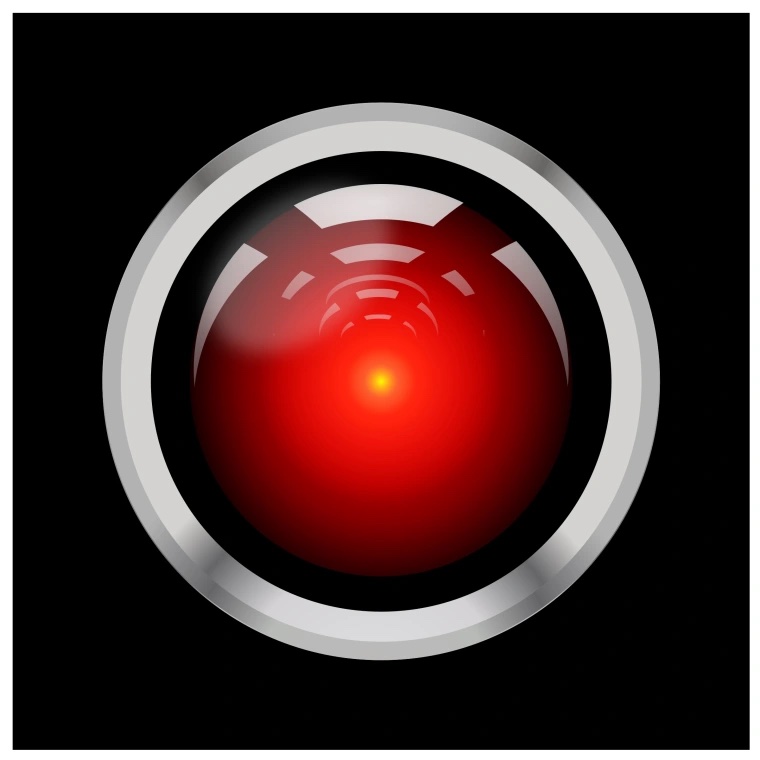The 82′ science-fiction now deep-rooted classic of post New-Hollywood, Blade Runner, has undoubtedly left a monumental impact on American cinematic culture which hasn’t let-up its influence well into the 21st-century; look no-further than the Dennis Villeneuve 2017 sequel to the early eighties film, Blade Runner 2049. While the movie has been held-up as a beacon a science-fiction narrative and world-building worthy of depth and criticism upon the defining aspects of humanity, these aspects area all due to decisions made in this, one of Scott’s first features. Nevertheless, the film’s structure lends itself to layers of interpretation, namely the distinction between humans and the man-made, futuristic replicants. Fundamentally, the creation of replicants offers another manually created creature which near-perfectly re-creates every human element, and even improves upon them. However, it is in the analysis of philosopher, chairperson of Indiana State University Judith Barad, that correlates the actions of each Blade Runner protagonists, to the inverse philosophies of French scholars, the forerunner of modernism Descartes, and the post-modern humanist-existentialism of Sartre.
Barad correlates the plurality of Sartre’s work to the main conceptualization in Blade Runner which defines a human being as having clear characteristics that differentiate it from any human artifact, thus including a computer. However, it is when Barad goes deeper into the conscious decisions behind each character, further distinction is made. While Barad is able to clarify that it is the supposed “essence” of a android, or in this case replicant, which determines its existence as being determinately separate from human beings, citing a purpose in their production rather than a pure “existence”, making it non-human, the actions of all replicants that are portrayed in the film is in fact the opposite. However by clarifying that the “essence” preceding existence is the determinant in Sartre’s view of humanity, Barad contradicts her own categorization of Sartre defining replicants as humans, with the narrative of the film; namely, all replicants portrayed in Blade Runner are acting against their “essence” and rather for pure “existence” itself, i.e., going against protocol so much so that they murder Tyrell of Tyrell Co. himself. Barad, unsuprisingly, recategorizes each side of the film’s narrative, the humans and the replicants, to opposing French philosophers, each at the end of modernism in philosophy.
Sartre’s work is undoubtedly aetheist but is rather an allocation to help define the rest of humanity, but his denunciation comes from a fear of a conceptualization of God rather than outright disdain for the idea of a God as a whole. Fundamentally, Sartre viewed flaws in social contracts between humans to be due to the idea of humans being “manufactured” in an image of God. To Sartre, this idea of “created in-the-image-of” serves to rather dismantle than formate societal, political, and economic, and psychological , stability. Fundamentally, to Sartre, it is the freedom of will and the freedom of choice that decidedly makes one human. Fundamentally, the distinction in defining humanity comes with correlating the modernism of Descartes, which inherently ties Christian philosophy of God and predestination within his amaterial conclusion of thought creating man, but it is still within an image of “God”, to Descartes, in which a man is created. Badard decidedly defines Descartes in Blade Runner’s narrative as a man like Deckard (Harrison Ford), who sees a clear distinction between man and replicant as seen in his career path. Hence, Barad identifies the narrative of Roy (Rutger Hauer), as within the conceptualization of Sartre’s humanity, rather than Descartes.

Leave a Reply